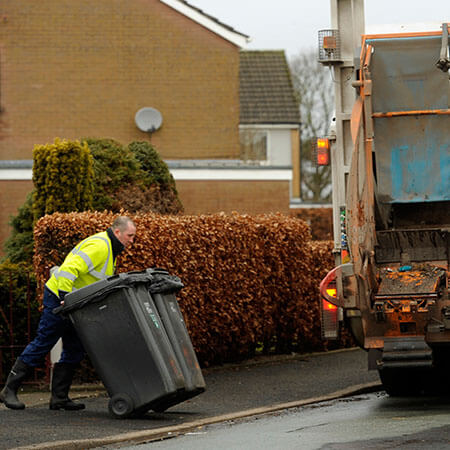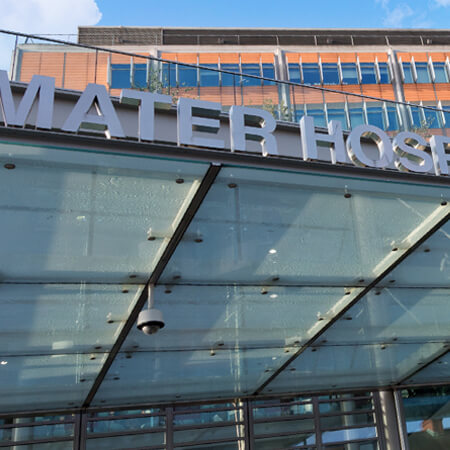Whether you rent or buy a home in Dublin, it’s important to know how to set up utilities. Renters also need to be aware that the relationship between a tenant and their landlord differs from other countries. Here’s how things stand in Dublin.
How to set up utilities in a new home
As a tenant or owner occupier, you are responsible for setting up your home’s utilities in your own name. If you’re renting, make sure your landlord tells you which companies supply your gas and electricity. This means you can contact them to take over the account – or move it to another supplier.
If you purchase a home, your estate agent will be able to tell you which company was previously providing services. Then, you can notify them when you move into the property.
When looking for accommodation in Dublin, you’ll rarely come across homes that haven’t got electricity and gas services set up. However, if you are moving into a new build or a previously unoccupied property, you may have to pay connection fees.
Electricity connection fees vary depending on the type of property and connection you need. For gas connections, costs will vary depending on the length of the connection. You can find details of what you can expect to pay here.
Electricity and gas suppliers in Ireland
Ireland has deregulated the market, so there are a number of electricity and gas providers in Ireland. Most companies supply both types of energy, but you can have your electricity supplied by one company and your gas by another.
Here are your electricity and gas supplier options:
You can use a comparison site like bonkers.ie, Switcher.ie or PowerToSwitch.ie to compare prices and figure out what suppliers are best for you. Once you choose one, you can simply contact them and open an account.
Domestic water
Irish Water is Ireland’s national water utility. It doesn’t charge any fees for standard domestic use. However, since 2019, it charges households for excessive use. If you use more than 213,000 litres of water per year, you may have to pay a fee. Irish Water will also be in touch with information about conservation and its leak repair programme.
If you’d like to receive updates on water outages or other issues in your area, you can register with Irish Water.
Oil providers
In some cases, your home may have oil heating. Prices for oil vary from day to day, but you can see the latest prices from each of Dublin’s suppliers at CheapestOil.ie.

Broadband and telephone services
In Ireland, internet services are often linked with landline and TV services. So it’s common to buy a package that provides WiFi, home phone and television services together.
Ireland has a host of telecommunications companies supplying high-speed broadband across the country. While this network is still being rolled out in rural areas, Dublin has strong broadband links.
You can compare prices for a package at bonkers.ie or Switcher.ie.
Property maintenance
For those renting in Dublin, it’s worth noting that landlords are required by law to maintain the inside and outside of your property to certain minimum standards.
If your home requires repairs, you should inform the landlord and they will need to give you notice before coming to fix it. However, if you want to repaint, decorate or repair the property yourself, you should seek written permission from your landlord first.
For more information on your rights and responsibilities as a tenant in Ireland, check out Citizens Information. If you ever have difficulties dealing with your landlord, housing charity Threshold can help. You may also want to reach out to a local city councillor or pursue an official dispute resolution process.
For more information about getting settled in the city, check out our ten-step guide on moving to Dublin, as well as our articles on waste disposal, municipal services, living in Dublin and FAQs about day-to-day life.



